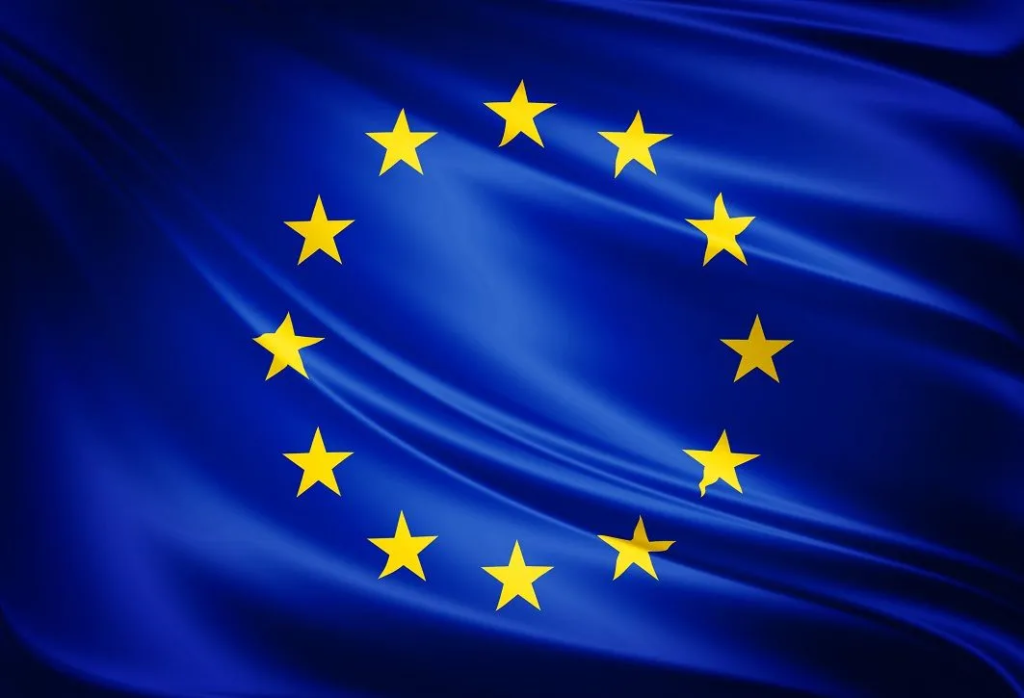|
Listen to article
Getting your Trinity Audio player ready...
|

The bad news from Germany is gaining ever more space in the international media. After decades of almost invariably successful economic performance and political stability the Federal Republic is gravely ailing. In 2019, on the eve of the COVID crisis the export surplus in the budget still amounted to more than 6% but, since then, the country has entered a recession and the political and social malaise is deep-rooted. The European Union is directly affected by the sickness of its largest founding member and cannot remain prosperous absent an affluent Germany.
The crisis is multilayered and reveals the unhealed fractures that the Federal Republic has carried since the Second World War and especially since the reunification with the once Soviet-controlled East. The country is still occupied by American troops, almost eighty years after the defeat of the Third Reich. Hitherto most Germans have accepted this state of affairs which has enabled them to keep their defence budgets unrealistically low whereas they were allowed to cultivate strong business relations with Russia and China. However now, the nation is increasingly split between a neo-liberal EU-oriented oligarchy, personified by ‘Baroness’ Ursula von der Layen who does not hide her nostalgia for the German imperial era but staunchly supports American interests, a nationalist ‘Far Right’ revival and a resurgent Left Wing, increasingly Euro-skeptic and anti-capitalistic.
Since its reconstruction after the Second World War, the German Republic has been run like a giant corporation and economic pragmatism achieved notable success but in the last decades, ideologies took over and the Green anti-fossil fuel and anti-nuclear lobby became very influential. Chancellor Angela Merkel, who had retained socialist leanings from her Eastern German youth, championed the ‘Energie Wende’ (‘energy transition policy’) and strong-armed the EU commission into giving top priority to renewable power generation. Yet it has been obvious for several years that, in the European context at least, wind and solar energy generation is too expensive and insufficient to provide reliable power. To fund this costly transformation the Government slapped a tax on CO2 emissions of 30 Euros per ton, increased to 45 per ton in January of this year, that heavily burdens the exchequer. Yet, in the last twenty years global CO2 emissions rose by 61% and Germans have come to realise that they have been sold a pipe dream that is impoverishing them. The Constitutional Court of Germany recently abolished the 60 billion Euro Energie Wende Fund, forcing the Government to resort to more taxation to finance its unviable pet project, despite its statutory obligation not to increase the national debt.
Until recently German industrial competitiveness was supported by the cheap supply of Russian gas secured during decades of infrastructure building but the sanctions adopted against Moscow in 2022 following the ‘Special Operation’ in Ukraine ended that bonanza and forced Germany to procure far more expensive energy from other sources. Ironically, much of the equipment deployed to harness solar and wind power is purchased from China (as are the EV batteries) and produced in industrial plants running on fossil fuels. After campaigning worldwide for the elimination of coal, oil, and nuclear energy generation, especially in neighbouring France, Germany has reluctantly been forced to reopen and build new coal plants; Berlin plans to set up new atomic power stations and has signed a contract to purchase 50 billion worth of natural gas annually from Norway. This while losing much of the Russian market in which tens of thousands of German middle and small size companies were profitably active until 2022. Faced with massive export losses, a rising tide of expenditures, many linked with the Ukrainian debacle, and a string of closures of chemical and mechanical plants Germans are venting their anger against the Scholz government, regarded as sclerotic, gutless and subservient to the US. Washington and Wall Street make no mystery of their intention to exploit their ally’s discomfiture by inviting German companies to move to the US where energy is plentiful and cheap and taxes are lower. The project of deindustrializing Germany has votaries on both sides of the Atlantic and the Greens, members of the ruling coalition, are ardent promoters of that strategy.
As if the economic predicament was not bad enough, Germany has been going, even more than its European partners, through a traumatic post-COVID hangover. Several major media have published damning reports about the mRNA anti-covid vaccines and the devastating health effects they have on the population, for which the Federal Health Minister has publicly apologised. His ministry has brought out a report highlighting five key points:
- Throughout 2020 the number of patients in German hospitals was historically low.
- In 2020 and 2021, there was no higher-than-usual occurrence of respiratory infections in the nation’s population. According to the Robert Koch Institute of Pathology, “Covid came and the flu vanished”.
- In 2020 and 2021 according to the official statistics, there was no higher percentage of deaths in the country.
- In 2020 and 2021 the average age of patients who died of COVID and other illnesses was 82, still going by official statistics.
- In Sweden, where there was no masking policy and no lockdown, the number of sick and dead was lower than in Germany.
The conclusion is that there was no pandemic and that the general perception of its occurrence was mainly due to the WHO-mandated policy of conducting unreliable and arbitrary PCR tests on everybody. The German authorities stand accused of complicity with a global campaign to manipulate the population.
In the early days of the COVID hysteria, Robert F Kennedy was one of the powerful voices that addressed millions in Berlin to denounce the power grab of a supra-national techno-financial oligarchy and invite the German people to resist. He stood on the spot at the Brandenburg Gate where his uncle, President John F Kennedy had pledged America’s support for West Berliners. That historical reminder had a deep impact on Germany and its effects are now being felt both on the Right, where the AfD is rapidly gaining ground with its pro-industrial, Russia-friendly, anti-US, and anti-EU nationalist agenda, and on the Left, where a reinvigorated socialist movement is openly challenging the fake neoliberal-Marxist environmentalism of the Greens. The nation is swamped by protests and strikes in many sectors of the economy and confidence in public institutions has hit a record low.
This ongoing chaotic recomposition of the German political system in a climate of decline and disarray exposes the European Union as a dysfunctional, out-of-touch institution that has lost most of its credibility in the eyes of the population. The drone of official discourses about democratic values and about the EU ‘being a garden within a jungle’ (according to EU Foreign Affairs High Representative Josep Borrell) drowns out concrete propositions for reform and NATO’s military US-driven bureaucracy takes the upper hand with its calls for military mobilisation against Russia and endless, counter-productive war in Ukraine. Few, outside the Eurocratic leadership, harbour much hope that the Union will survive this decade in its present form.
Note: many of the economic data and figures used in this article are taken from Professor Samuele Furfari’s book Energy Insecurity: The Organised Destruction of the EU’s Competitiveness (2023) and from his interview in the Revue Conflits of January 8, 2024.






Add comment